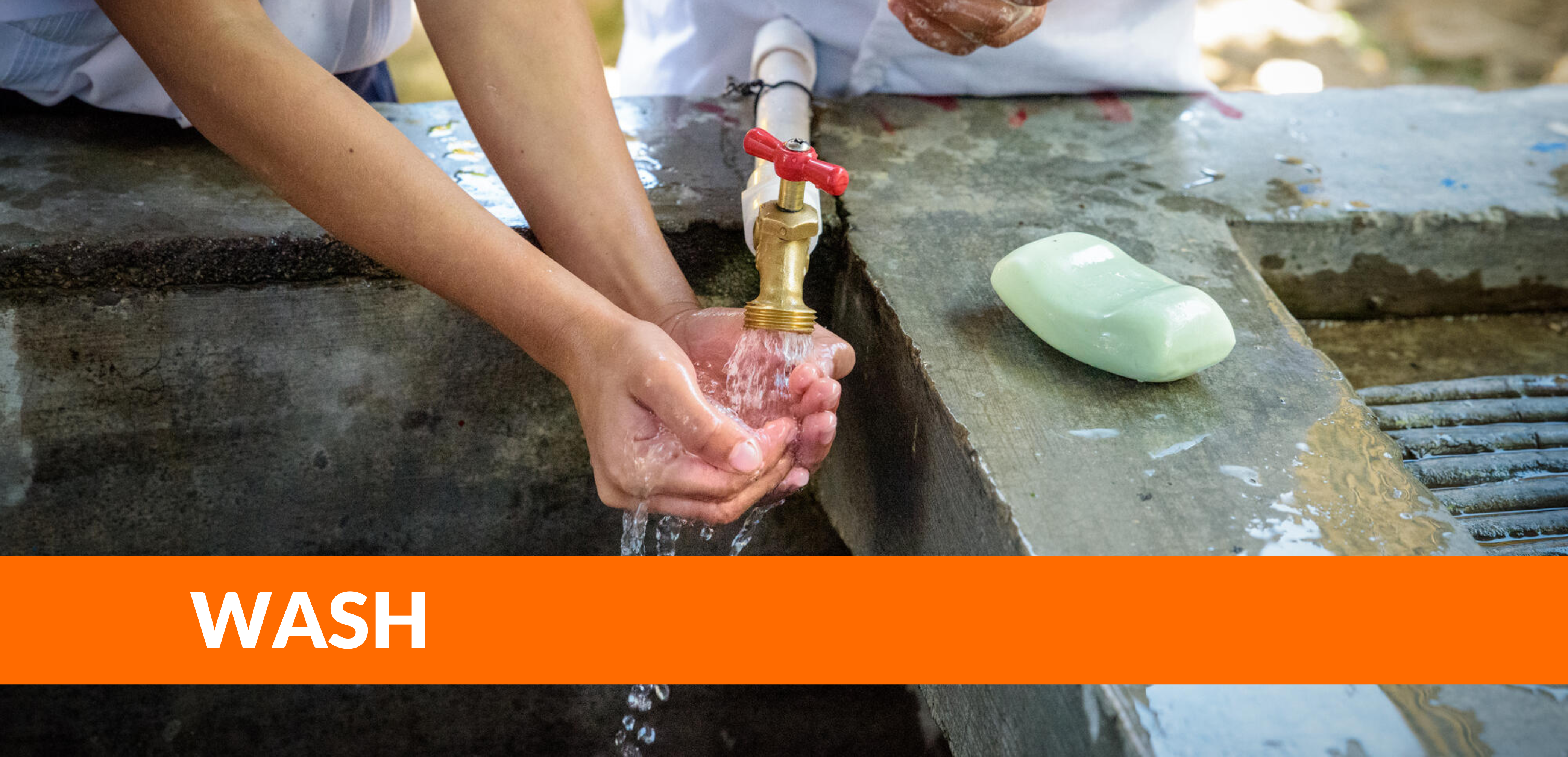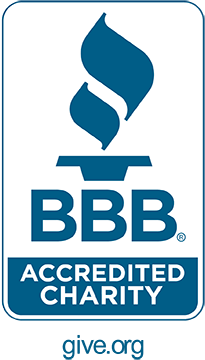The Joint Monitoring Programme defines safe child feces disposal (SCFD) as “toilet/latrine use by children or feces disposal in a toilet/latrine or buried,” and typically applies to children ages 3 and younger. A review of 25 countries conducted in 2016 found that more than 50% of households in low- and middle-income countries practiced unsafe child feces disposal (UCFD), including as many as 84% of households in India. Although this often is connected to whether a household has an improved sanitation facility on the premises, the study found that even in households with latrines, as many as 64% practiced UCFD.
Exposure to child feces presents many of the same health hazards as open defecation, such as diarrheal diseases, environmental enteropathy, and impaired growth and development. Infants in low- and middle-income countries are particularly vulnerable to fecal pathogen contamination in the domestic environment due to mouthing behaviors during the exploratory stage of development. One study in Bangladesh found that UCFD for children younger than 2 was associated with a 35% increase in risk of soil-transmitted helminthic infections. Though many sanitation interventions target only adults when promoting latrine use, ensuring the safe disposal of child feces is just as important to community health and well-being from a public health standpoint. Eliminating UCFD will contribute to Sustainable Development Goal 6.2 of eliminating all open defecation by 2030.
World Vision established SCFD as one of eight key water, sanitation, and hygiene (WASH) behaviors for our current WASH Business Plan (2021–2025), although SCFD has not been a major emphasis in the past. Many offices are now starting to consider this important behavior, including World Vision’s office in Indonesia, which is currently conducting formative research within the framework of Behavior-Centered Design to better understand the behavioral determinants of SCFD. Results from their experience and other program offices will be included in future updates to this document.





